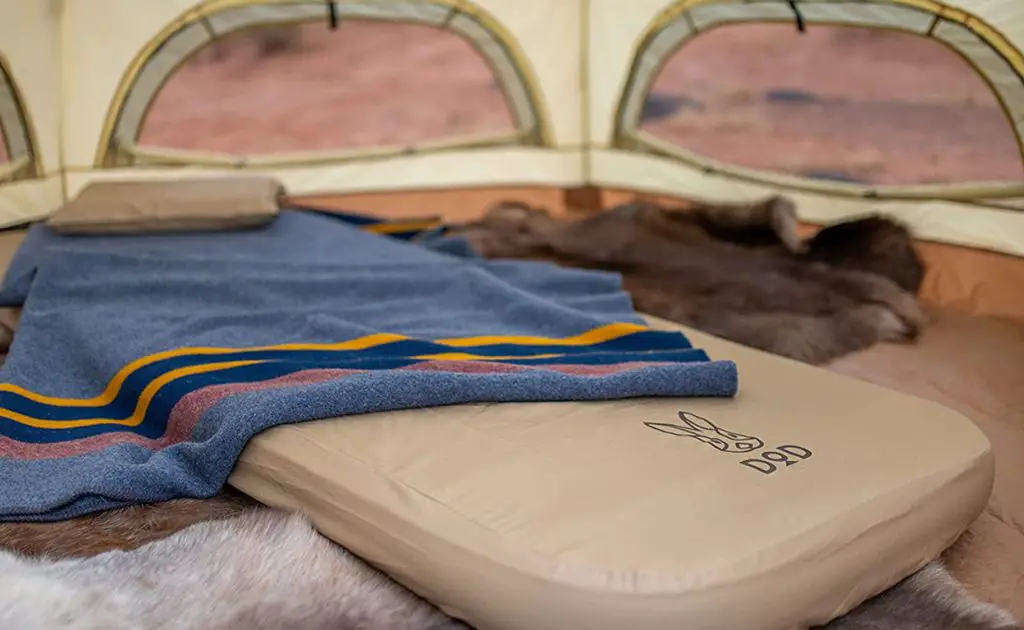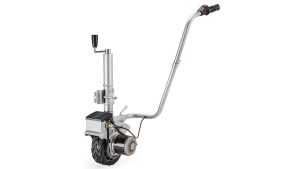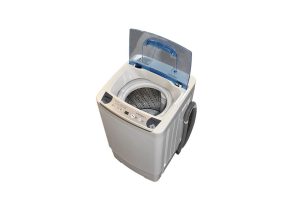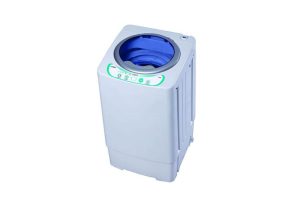When planning a camping trip, one of the crucial decisions to make is choosing the right sleep system. Two primary options for outdoor sleeping are camping mattresses and sleeping bags. While both serve the purpose of providing comfort and warmth, they offer different features and benefits. In this article, we will compare camping mattresses and sleeping bags, exploring their pros and cons to help you make an informed decision and select the ideal sleep system for your camping adventures.
Camping Mattresses
Comfort and Support
Camping mattresses offer a cushioned and supportive surface for sleeping. They provide better insulation from the ground, reducing the transfer of cold and dampness. Foam mattresses, air mattresses, and self-inflating mattresses are popular options that cater to different comfort preferences.
Size and Portability
Camping mattresses are available in various sizes, from single to double, providing ample space for individuals or couples. However, they can be bulkier and heavier compared to sleeping bags, which may limit their portability, especially for backpacking trips.
Versatility
Camping mattresses can be used not only for camping but also for other activities like picnics or beach outings. They provide a comfortable seating or lounging option outside of sleeping hours.
Set-Up and Maintenance
Setting up a camping mattress is relatively straightforward. Foam mattresses and self-inflating mattresses require minimal effort, while air mattresses may need inflation using a pump. Cleaning and maintenance are also relatively simple, usually involving wiping or spot cleaning.
Sleeping Bags
Insulation and Warmth
Sleeping bags are designed to provide insulation and trap body heat, keeping you warm in colder temperatures. They are typically made with insulated materials and have a hood to cover the head, enhancing warmth and comfort.
Portability and Packability
Sleeping bags are highly portable and compact, making them ideal for backpacking and situations where space and weight are critical. They can be compressed into a small stuff sack, saving valuable space in your backpack.
Flexibility
Sleeping bags offer more flexibility in terms of sleeping arrangements. You can easily adjust your position inside the bag, allowing for sleeping on your back, side, or stomach. Additionally, sleeping bags can be used inside tents, hammocks, or even as an extra layer on camping mattresses for added insulation.
Cost-Effectiveness
Sleeping bags generally tend to be more cost-effective compared to camping mattresses. Depending on the brand, features, and temperature rating, sleeping bags can be found in a wide price range to fit different budgets.
Choosing the Right Sleep System
Consider the Camping Conditions
Assess the expected camping conditions, including the climate and terrain. If you’re camping in colder temperatures or on rough terrains, a combination of a camping mattress and a warm sleeping bag may be the best choice for optimal comfort and insulation.
Determine Your Sleeping Preferences
Consider your preferred sleeping position, level of comfort, and space requirements. If you prioritize comfort and have ample space, a camping mattress may be more suitable. However, if you prioritize portability and weight, a sleeping bag offers greater convenience for backpacking trips.
Assess Your Budget
Determine your budget and evaluate the cost of camping mattresses and sleeping bags within that range. Remember to consider the long-term investment and durability of the sleep system to make the best cost-effective decision.
Consider a Hybrid Approach
In some cases, combining both a camping mattress and a sleeping bag can provide the best of both worlds. You can use a camping mattress for comfort and insulation from the ground, while using a sleeping bag for warmth and flexibility.
Conclusion
Choosing the right sleep system for camping requires considering factors such as comfort, insulation, portability, flexibility, and cost. Camping mattresses provide comfort and support while offering versatility for various outdoor activities. Sleeping bags, on the other hand, prioritize insulation, portability, and flexibility, making them ideal for backpacking. Assessing your camping conditions, sleeping preferences, and budget will help you make an informed decision that ensures a restful and comfortable night’s sleep during your outdoor adventures.








